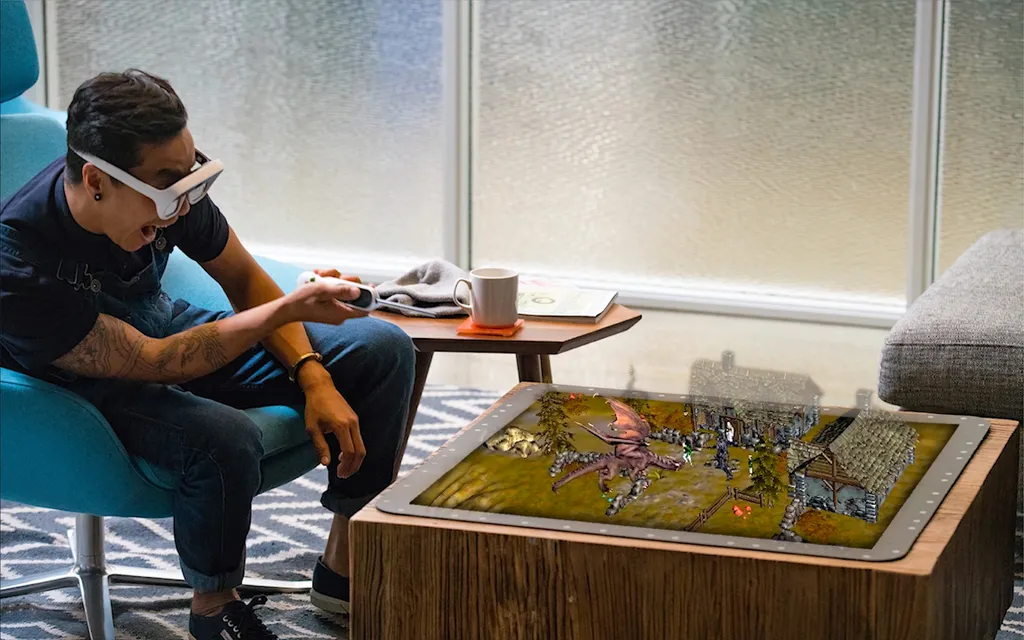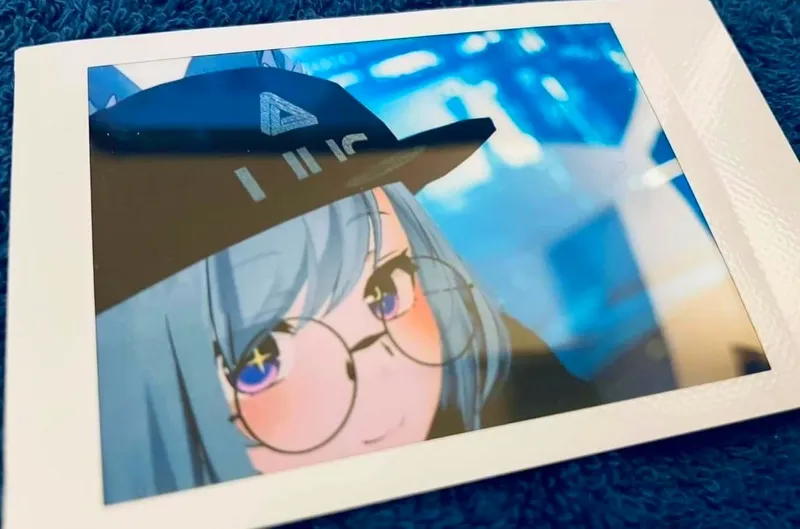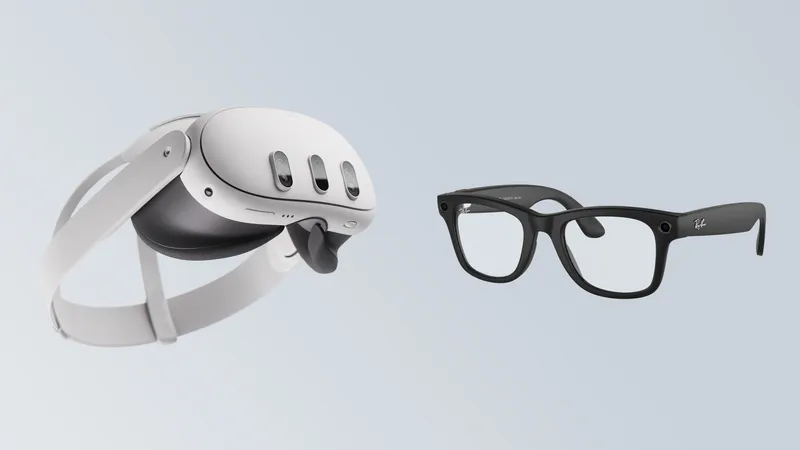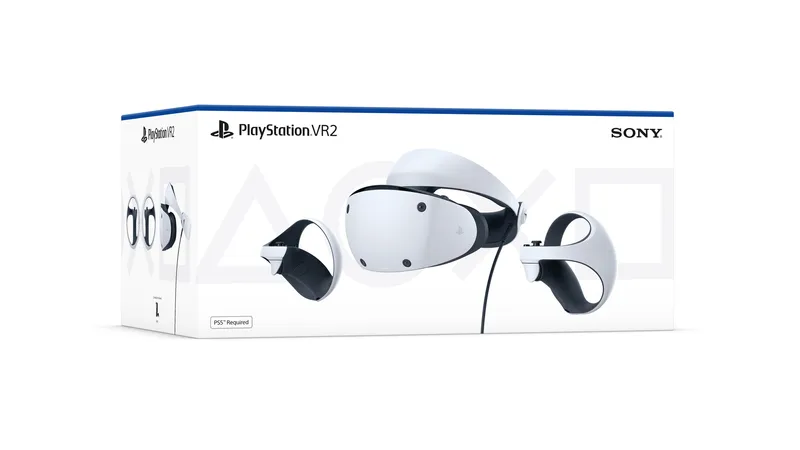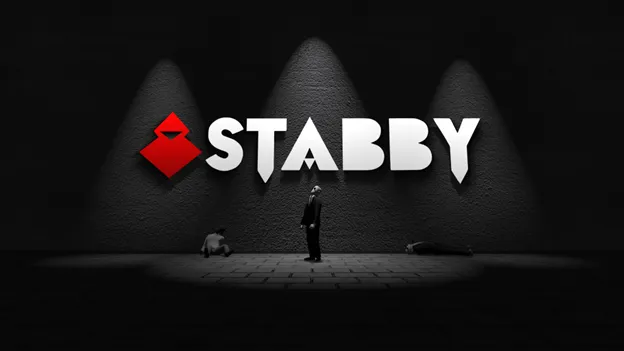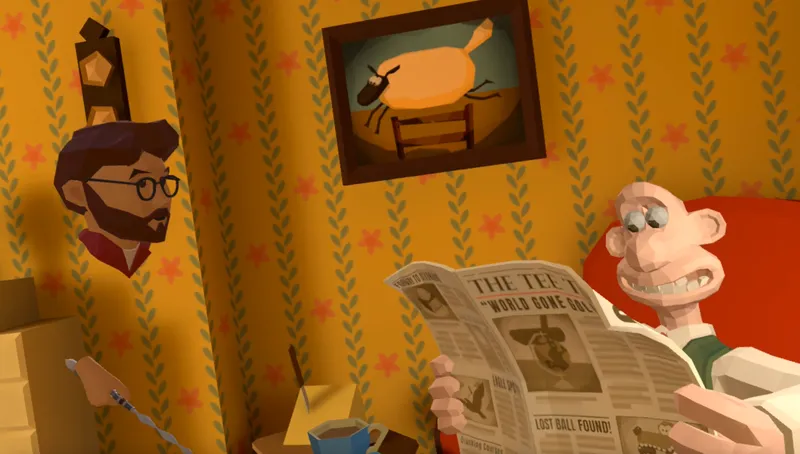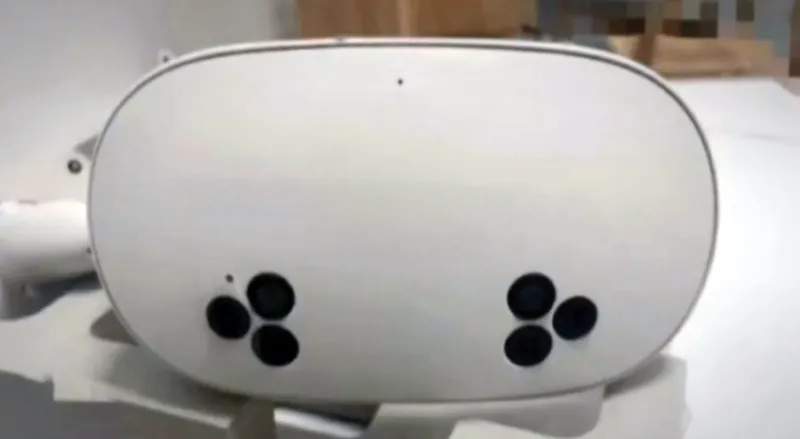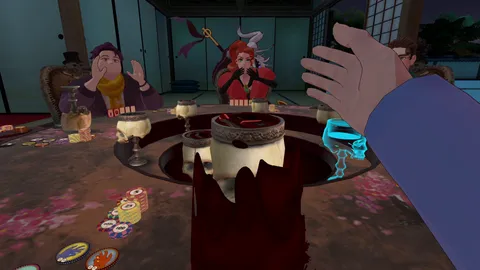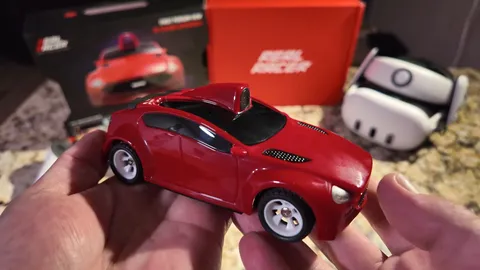Tilt Five CEO Jeri Ellsworth is working with her team to ship their patented AR technology to Kickstarter backers as they build out from a focused vision starting as AR glasses for tabletop gaming.
About a decade ago, however, Ellsworth was developing some of the core of that technology while working at Valve with a small team of hardware engineers doing research on forward-facing ideas like AR and VR. The idea was to invent “novel user interactions that broaden the Steam user base” that also “bring the entire family together in the living room”, as Ellsworth describes on her LinkedIn page.
Then Ellsworth and her colleagues were fired, leaving the engineer to contemplate the value of her voice and ability to speak openly about her time at the company against the amount of money offered in a severance payment packaged with a non-disclosure agreement. Separate to this consideration, what would losing her job at Valve mean for the future of the technology she worked on there? Would she need to work on something else?
Ellsworth made a key decision the day she was fired. In a recent interview with UploadVR, here’s how she describes her memories of what happened during her last day at Valve:
“I feel very fortunate that I made a split second decision the day that Valve did their big layoff. I showed up at the office. I met someone in the elevator and they said, ‘did you hear what happened to Ed? They laid him off today’. And I’m like, ‘that’s my mechanical engineer, working on my project, how could they do that?’ So I stormed upstairs and then it was like a bomb had gone off in the middle of the room. Everyone’s just sitting around moping. I hadn’t even opened my email yet to see the HR request to come see them. And someone’s like, ‘you’re getting fired today.’ I’m like, what? How can that be? That was the strangest layoff I’ve ever been around…they just let us kind of hang out in the building for like eight hours and we were just assigned a time to go talk to HR.
Folks that knew they were getting laid off were like angry and sad, and there were just tons of emotions. I was later in the day when I was going to receive the bad news and so I go up and I was like prepared to chew someone’s ass out about it. I walk in the door and Gabe’s there in the room with a lawyer/HR/somebody, and I started off like super aggressive. I was like, well, ‘so this is it?’ You know? And then immediately broke down into tears and I was getting emotional. And I’m like ‘Gabe, you gave me this mission to bring the family together and I can’t believe you’re doing this to me…I was onto something amazing.’ And he said some things like ‘I’m always going to be a fan’, like, oh, okay. And got myself back under like emotional control. And as I was walking out the door, I think my back was even turned to him. And I was like, ‘you should just sell me the technology.’ And I turned around and he was like, ‘okay.’ And that was it.
He made the decision on the spot to let me take this optical technique out of Valve. It was pretty incredible. I could have just walked out the door and just moved on to whatever project after that and never thought back on it…I don’t think folks around Valve understood what we were really onto at the time, like how we could generate this light field and how comfortable and vivid and how it solved all these problems. It was just back in those days there was still this notion that somebody is going to just stumble onto a way to make this perfect AR system. And you won’t need to use anything like a game board and still people are still dreaming and hoping that they’ll stumble onto some way to make that happen. And it’s the laws of physics. It’s really difficult.
The agreement was for $100, Ellsworth said, plus the cost of lawyers to make it legal, and “we basically got everything in our lab dedicated to the retroreflective glasses which included the prototypes, optical components, software, computers, etc.” The agreement would essentially help launch development efforts at CastAR, a company the ex-Valve employees co-founded to continue developing their approach to AR.
“The biggest win was the legal documentation that gave us freedom to operate,” Ellsworth wrote in a direct message.
Years later, Ellsworth and other CastAR veterans would essentially need to buy it all again — now with actual patents backing their retroreflective optical technique — after CastAR went defunct. Now at Tilt Five, Ellsworth is determined to “take on the big players.”
“At castAR and TiltFive we made improvements to the original prototype designs and have about a dozen patents covering the current design,” Ellsworth wrote.
Tilt Five is working on drivers to enable multiple glasses to run from a single PC as well as driving the system from an iOS or Android smartphone, features which — if well supported among developers — could offer an approachable way for AR “to bring the entire family together in the living room.”

